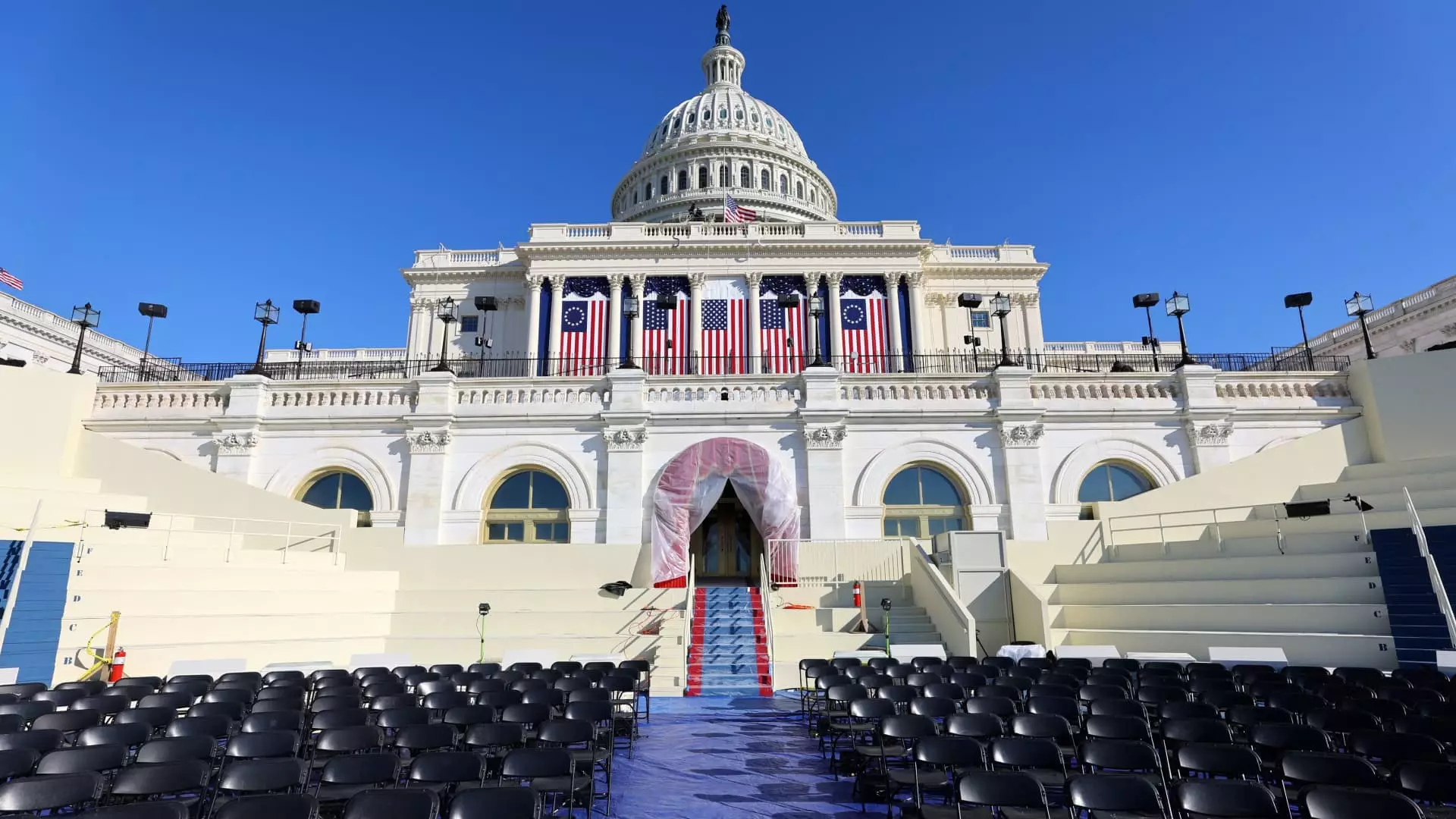The financing of presidential inaugural committees is under increasing scrutiny, particularly concerning the rising tide of corporate and billionaire donations that accompanies these events. With the recent influx of cash to support President-elect Donald Trump’s upcoming inauguration, Senate Democrats, led by Senator Catherine Cortez Masto of Nevada, are advocating for heightened transparency measures. Their calls for accountability stem from a fundamental need for the American public to understand the intricacies of political finance and ensure that inaugural celebrations do not devolve into opportunities for cronyism and personal gain.
New Legislative Proposals for Greater Oversight
The reintroduction of the “Inaugural Committee Transparency Act” symbolizes a concerted effort to regulate the previously murky financial waters surrounding these committees. Senator Cortez Masto’s proposed legislation would mandate comprehensive disclosures, such as the identities and addresses of all contributors donating over $200, alongside a detailed account of expenditures. This proposed transparency is crucial, as it directly addresses the loopholes that currently allow committees to operate without stringent fiscal oversight.
Moreover, the act would impose a requirement for inaugural committees to donate any leftover funds to a qualified charity within 90 days following the inauguration, ensuring that excess contributions do not vanish into an ambiguous abyss. The provision against the misuse of donations for personal benefits is particularly pressing; without clear guidelines, there exists a risk of exploitation which could undermine public trust in the electoral process.
Despite existing regulations, the reality is that inaugural committees enjoy substantial leeway when it comes to financing and budgeting. There is no cap on the contributions these committees can accept, and while they are obliged to report any donations exceeding $200, there is a glaring absence of obligatory disclosure concerning how those funds are spent. This lack of transparent accounting creates fertile ground for potential abuse and obstructs public understanding of the political fundraising landscape.
The enthusiasm among corporations to align themselves with a sitting president is not new, but in the lead-up to Trump’s second inauguration, the scale of donations—projected to reach or exceed $200 million—raises alarms about the motivations behind these contributions. It begs the question: Are these donations expressions of support or strategic investments in political favor?
In light of the shifting political dynamics and the mounting evidence of escalating financial contributions, the push for increased transparency regarding inaugural committee funding is more critical than ever. This initiative not only aims to safeguard democratic integrity but also serves to remind presidential administrations that the public deserves clarity and accountability in all matters pertaining to political finance.
As Senators Cortez Masto and others continue to champion this cause, it is essential to engage broader audiences in discussions about political financing, helping demystify the relationship between wealth and governance. The narrative surrounding inaugural committees should evolve from a tale of undisclosed funds and potential corruption to a model of transparency that reinforces public trust in democratic processes. In doing so, we uphold the values of accountability and integrity that underpin our democratic ideals.


Leave a Reply